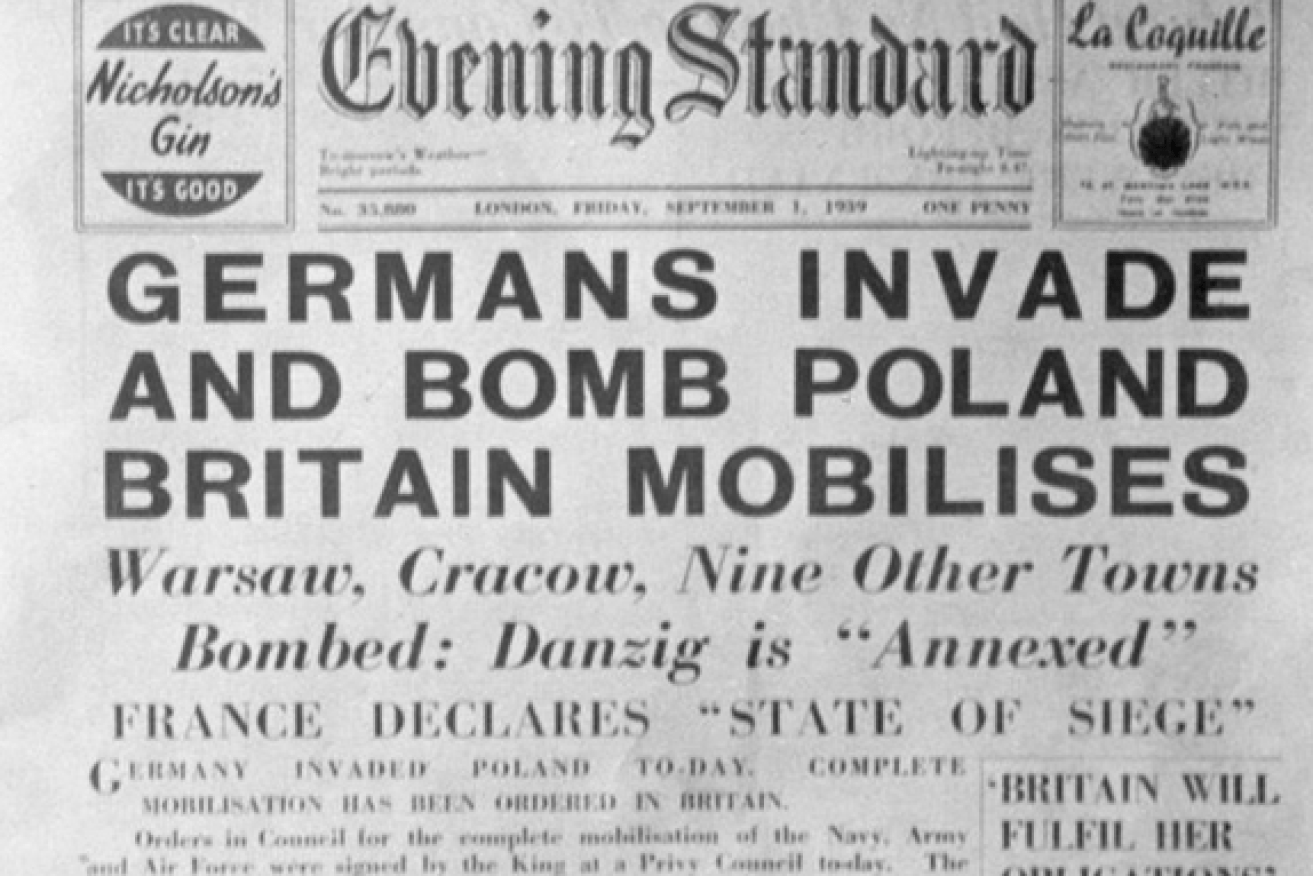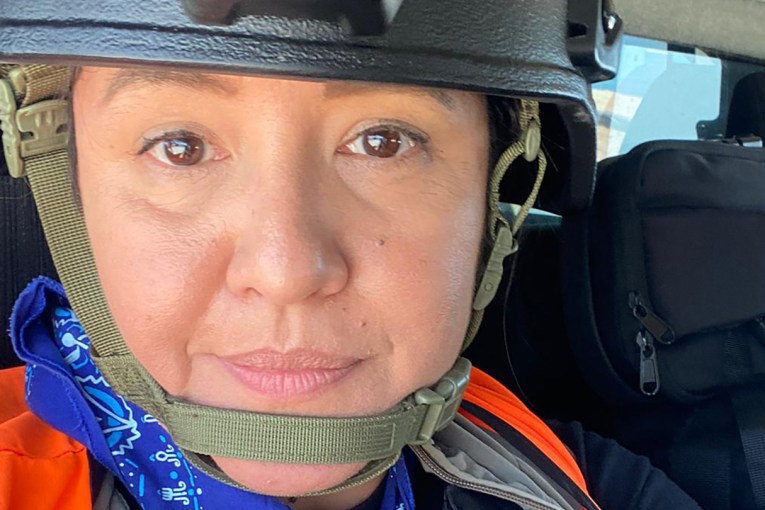Germany begs for forgiveness on 80th anniversary of WWII

September 1, 1939, marked the start of five years of bloodshed, mass slaughter and the death of millions.
German President Frank-Walter Steinmeier has asked Poles for forgiveness for Nazi atrocities committed during World War II.
in a speech in Wielun, the first city to be bombed by the Luftwaffe, Steinmeier apologised for “German tyranny and I ask for forgiveness.”
“I pay tribute to the victims of the attack on Wielun. I pay tribute to the Polish victims,” Steinmeier said in German and in Polish on Sunday.
Steinmeier, alongside a number of heads of state and government, was in Poland to commemorate the 80th anniversary of the outbreak of WWII. In Wielun, he was accompanied by Polish President Andrzej Duda and the mayor of the city, Pawel Okrasa, among others.
Before dawn on September 1, 1939, the Luftwaffe bombarded the sleeping defenceless city that had no military significance. Some 1,200 people were killed.
The first bombs were dropped on the town’s hospital, which had a red cross painted on its roof. Some 75 per cent of the city centre was destroyed.

The Luftwaffe did a thorough job on sleepy, defenceless Wielun, leaving little but tears and rubble.
The attack marked the beginning of WWII, in which six million Polish citizens perished, including three million Jews.
WWII started with a war crime, an act of terrorism against the civilian population, Duda said.
“We cannot forget about World War II even when its witnesses are gone… in order to make sure that what happened in Wielun and later in many other places in Poland and abroad is never repeated,” Duda said.
The Polish president thanked his German counterpart for choosing to come to Wielun for the anniversary commemorations, saying it would help spread the knowledge about the bombing of the city among Germans.
“Thanks to your presence here… the Germans will learn about the tragedy of Wielun and its inhabitants and [what] the beginning of World War II looked like,” Duda said.
Steinmeier admitted in his speech that too few Germans knew about the tragedy of Wielun.

Adolf Hitler salutes his troops as they march into Poland in September, 1939.
While remembering the tragic history, both presidents stressed their commitment towards Polish-German reconciliation.
The presence of the German president in Wielun is a form of “moral compensation” and facing the difficult historical truth “has the power to bring forgiveness and the power of building friendships,” Duda said.
Steinmeier, in turn, expressed gratitude for Poland’s willingness to pursue reconciliation, and its constant fight for freedom, which he said helped bring down the Iron Curtain.
-AAP








